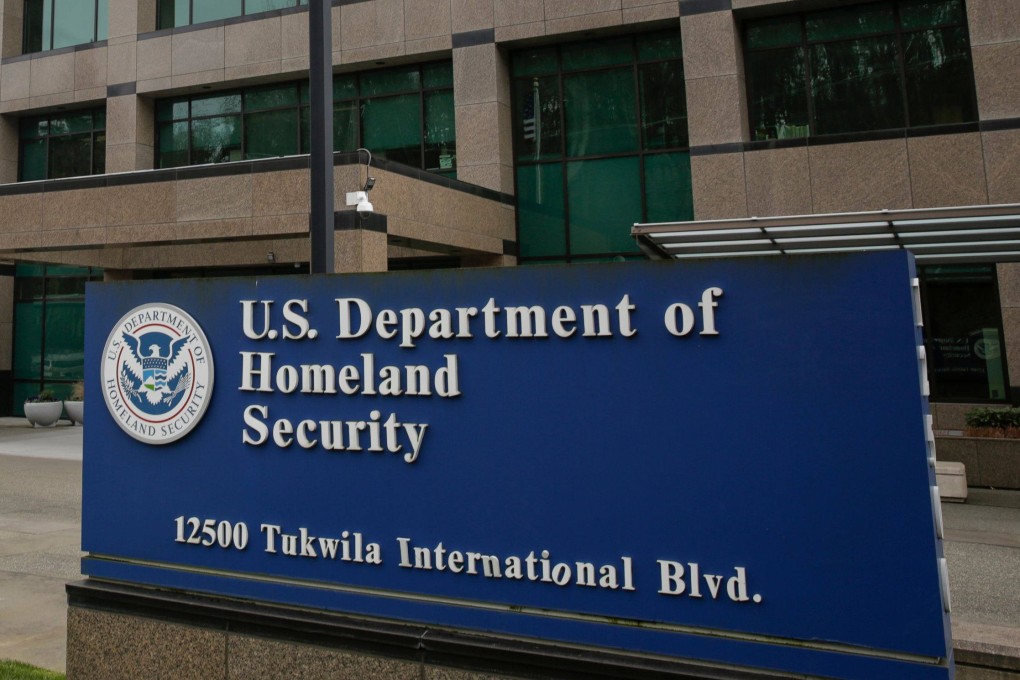My Take | The West will soon be sharing their citizens’ biometric data
- If you already think China’s state surveillance is intrusive and dystopian, you have not yet seen the brave new world that is just over the horizon

You have probably read news stories about how China is building the world’s largest surveillance network and that the country is becoming a hi-tech dystopian nightmare.
Well, the United States, Europe and many of their allied states are catching up and may soon be exceeding China’s surveillance capabilities. That’s because their systems will not only be domestic like China’s, but also transnational and fully convergent. Many of them may soon be sharing your most personal data with each other.
Unsurprisingly, Britain and Israel are reportedly on board for the pact. The DHS is approaching individual EU member states directly to bypass the European Commission, which is more likely to insist on the EU’s much higher legal protection standards for personal data than the US.
The US database being offered is called the IDENT/HART, described as the largest of its kind and containing 270 million identities with their 1.1 billion “encounters” or incidents associated with their records. The programme itself, according to Statewatch, is internally called the “DHS International Biometric Information Sharing (IBIS) Program and Enhanced Biometric Security Partnership (EBSP)”.
